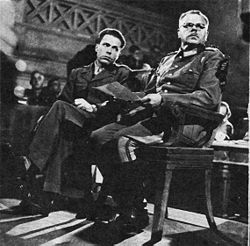Robert J. Shiller
#51502 Most Popular
1920
1946
1967
1968
1980
1981
1982
1987
1989
1991
2000
2003
2005
2006
2007
2008
2013












